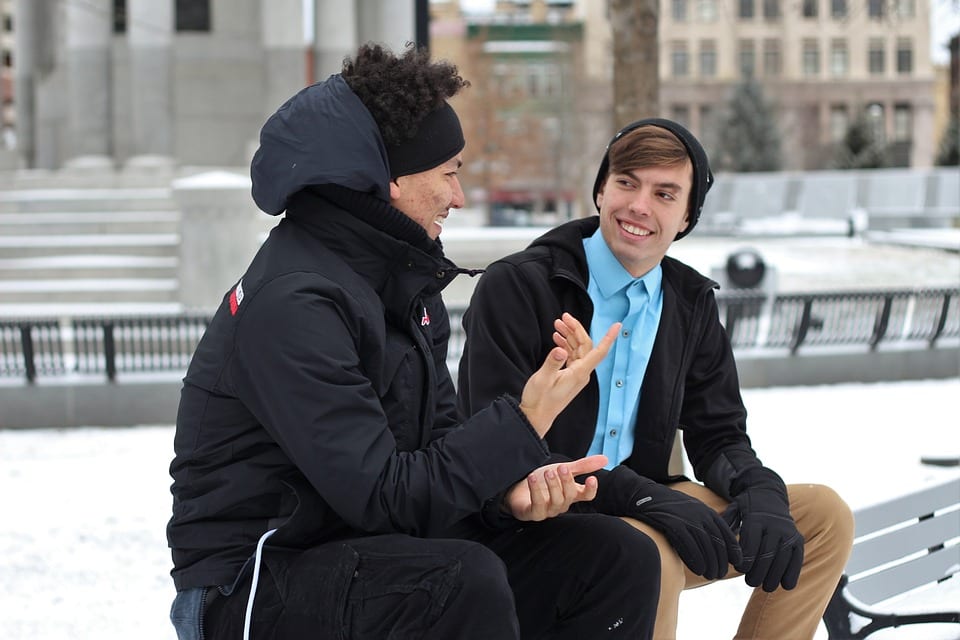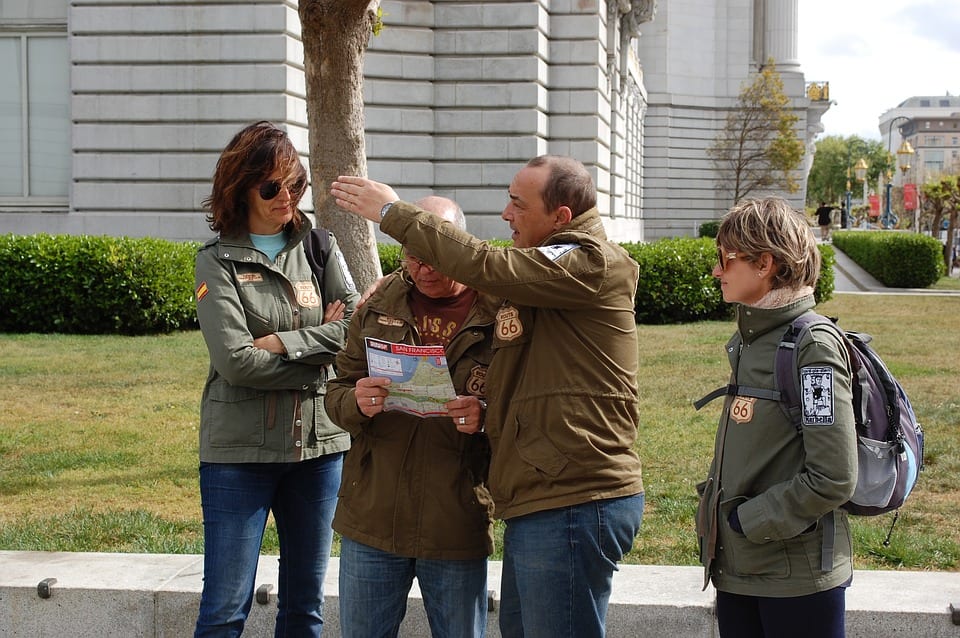Some people are more comfortable with asking for help than others, but the fact of the matter is, we all have to do it sometimes.
And if you have to communicate with another human being and ask for something, it’s much better to maximize your chances of getting what you need out of the whole scenario, right?
If you agree, remember these 4 words: but you are free…
The but you are free (BYAF) compliance-gaining technique works when you make your request, then add “but you are free to refuse” or something like that at the end.
It works, says communication researcher Christopher Carpenter, because it eases the “target’s” perception that his or her ability to say no is being taken away.
“One of the experimenters approached individuals walking alone in a shopping mall in France. In the control condition, the experimenter made a simple, direct request: ‘Sorry, Madam/Sir, would you have some coins to take the bus, please?’ In the experimental condition, the experimenter added: ‘But you are free to accept or refuse.’ Those in the experimental condition gave twice as much as those in the control condition.”
The wording of the phrase actually doesn’t matter; “but obviously do not feel obligated” and other variations have been found to be just as effective.
“The factor most consistently emerging has been the importance of verbally recognizing the target’s freedom to say ‘no.'”
So, the next time you really want someone to do something for you, try reminding them that they’re free to tell you to take a hike.
It might seem counterintuitive, but it works!









